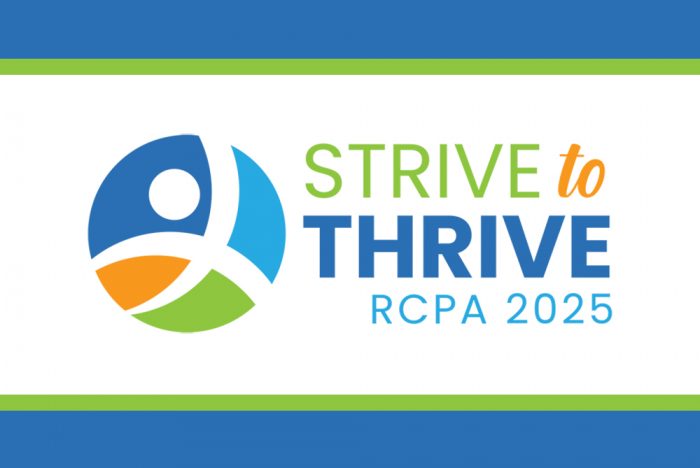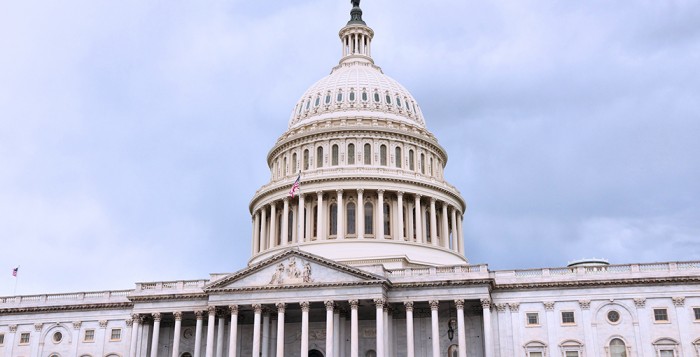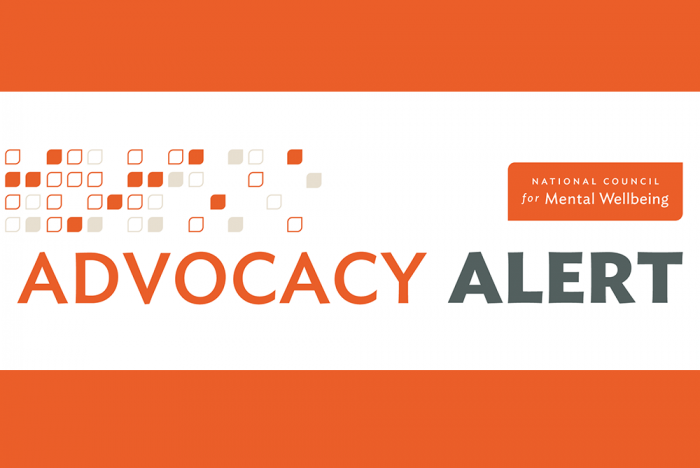 With a little less than a month before kick-off, RCPA is excited to announce a new keynote speaker in our lineup at the 2025 Annual Conference Strive to Thrive! We will now be kicking off our conference with Al Guida, JD, Owner of Guide Consulting Services, Inc., to discuss Impacts of Federal Issues on the Human Services System. Guida is a nationally recognized advocate and strategist who has provided valuable federal policy and regulatory solutions for Guide Consulting Service’s health care clients in the provider, technology, and public health sectors. He has helped clients realize measurable goals in mental health parity, biomedical research, child poverty, and child welfare, and his legislative portfolio includes successful collaborations with major Congressional committees, the Department of Veterans Affairs, and the Department of Health and Human Services. Working together, the Guide Consulting Services team have established and secured funding for Mental Health First Aid, Certified Community Behavioral Health Clinics, and the 988 National Suicide Prevention Coordinating Office. In 2024, Guida was recognized as one of DC’s 500 Most Influential People.
With a little less than a month before kick-off, RCPA is excited to announce a new keynote speaker in our lineup at the 2025 Annual Conference Strive to Thrive! We will now be kicking off our conference with Al Guida, JD, Owner of Guide Consulting Services, Inc., to discuss Impacts of Federal Issues on the Human Services System. Guida is a nationally recognized advocate and strategist who has provided valuable federal policy and regulatory solutions for Guide Consulting Service’s health care clients in the provider, technology, and public health sectors. He has helped clients realize measurable goals in mental health parity, biomedical research, child poverty, and child welfare, and his legislative portfolio includes successful collaborations with major Congressional committees, the Department of Veterans Affairs, and the Department of Health and Human Services. Working together, the Guide Consulting Services team have established and secured funding for Mental Health First Aid, Certified Community Behavioral Health Clinics, and the 988 National Suicide Prevention Coordinating Office. In 2024, Guida was recognized as one of DC’s 500 Most Influential People.
With the current confusion and chaos surrounding federal policies, Medicaid, future funding, and their effects on the health and human services landscape, you won’t want to miss this informative opener!
 Following Al Guida will be Pennsylvania’s DHS Secretary Val Arkoosh. Attendees will shift their focus from the federal level to the state, with the DHS Secretary highlighting key issues facing PA providers, including trends, impacts of federal policy at the local level, and current initiatives related to Performance-Based Contracting and value-based purchasing.
Following Al Guida will be Pennsylvania’s DHS Secretary Val Arkoosh. Attendees will shift their focus from the federal level to the state, with the DHS Secretary highlighting key issues facing PA providers, including trends, impacts of federal policy at the local level, and current initiatives related to Performance-Based Contracting and value-based purchasing.
All this and more on the very first day of the Conference! Register today to reserve your seat, and view the Registration Brochure for complete details regarding our schedule, booking a hotel room, and more!















